Description
In Peru, the bulk of production comes from small farms owned and managed by indigenous people who follow organic farm management practice attuned to their cultural connection with the land. Producers typically cultivate coffee on just a few acres of land intercropped with shade trees, bananas, corn, and beans. They carefully harvest and sort cherries before depulping, fermenting, washing, and drying the coffee using their own micro-mills.
Simultaneously, cooperatives carry out activities that often go unnoticed but are cucial for small producers. These cooperatives are often divided into smaller locally run organizations, larger regional organizations, and even larger umbrella organizations. The local cooperatives focus on training producers in best organic practices and invest in basic infrastructure needs like road improvements and establishing local warehouses. The regional cooperatives focus on creating credit for producers and investing in social programs on a larger and more impactful scale, using the collective resources generated from the sale of coffee. Environmental training programs, healthcare initiatives, life insurance, and educational opportunities are just some of the ways these cooperatives strive to improve the quality of life for coffee producers and their families.
Tasting Notes: A nice and clean cup of Peru coffee! Lighter roasts show a bit of lemony acidity and floral notes, a bit on the sweeter side but balanced nicely. Medium roasts mute up a decent chunk of the lemony floral tones and the cup gets much more chocolaty and a little fuller bodied, a little nutty tone in the aftertaste. Darker roasts are still very smooth but become much more semi-sweet and smoky with dark chocolate lingering in the aftertaste.
Roasting Notes: Medium to dark roasts are the way to go. A nice medium roast makes for an excellent daily drinker, smooth, sweet and balanced. Darker roasts work well if you need a little heft in the cup.

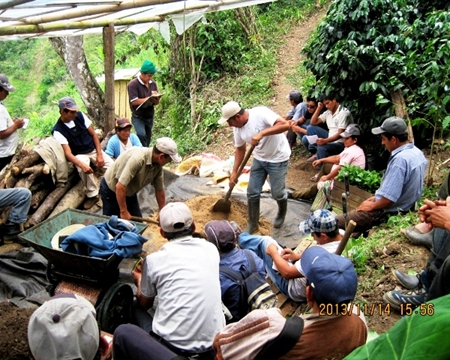
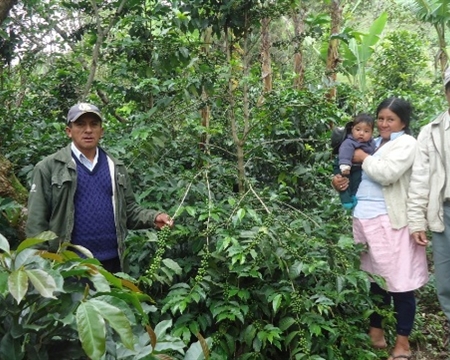

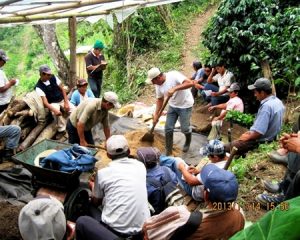
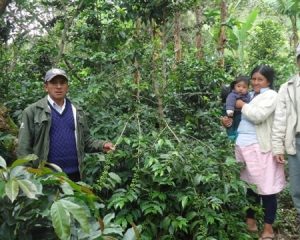
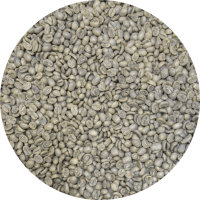

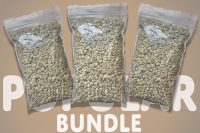
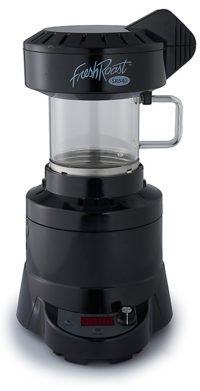

Reviews
There are no reviews yet.